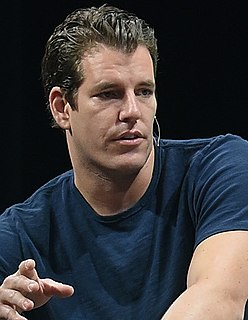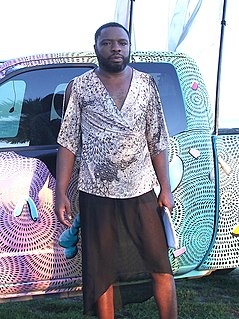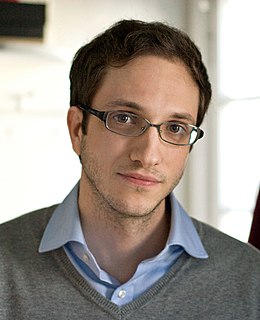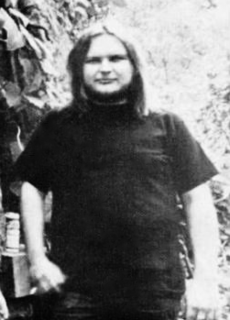A Quote by Tyler Winklevoss
Related Quotes
Do you understand how there could be any writing in a spider's web?" "Oh, no," said Dr. Dorian. "I don't understand it. But for that matter I don't understand how a spider learned to spin a web in the first place. When the words appeared, everyone said they were a miracle. But nobody pointed out that the web itself is a miracle." "What's miraculous about a spider's web?" said Mrs. Arable. "I don't see why you say a web is a miracle-it's just a web." "Ever try to spin one?" asked Dr. Dorian.
The term 'web-series' has a stigma attached to it because it was created at a time when the only web-series that were being created were being created by people who would have loved to have a television show, but they couldn't. So they created a web-series instead, on their own dime. And those series look cheap because of it.
When I was 14, I spent a huge amount of time on the Internet, but not the Internet we know today. It was 1994, so while the World Wide Web existed, it wasn't generally accessible. Prodigy and CompuServe were popular, and AOL was on the rise, but I didn't have access to the web, and no one I knew had access to the web.
New information and communications technologies can improve the quality of life for people with disabilities, but only if such technologies are designed from the beginning so that everyone can use them. Given the explosive growth in the use of the World Wide Web for publishing, electronic commerce, lifelong learning and the delivery of government services, it is vital that the Web be accessible to everyone.
Although I didn't think so at the time, things were a lot simpler in 1969. All you had to do to express yourself was throw rocks at riot police. But with today's sophistication, who's in a position to throw rocks? Who's going to brave what tear gas? C'mon, that's the way it is. Everything is rigged, tied into that massive capital web, and beyond this web there's another web. Nobody's going anywhere. You throw a rock and it'll come right back at you.
We started off as this platform inside Facebook; and we were pretty clear from the beginning that that wasn't where it was going to end up. A lot of people saw it and asked, 'Why is Facebook trying to get all these applications inside Facebook when the web is clearly the platform?' And we actually agreed with that.

































